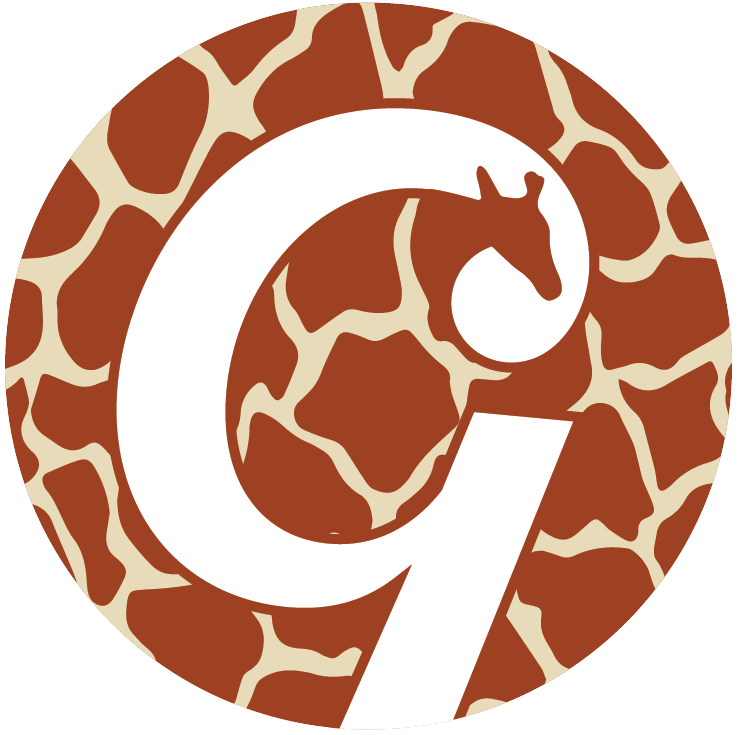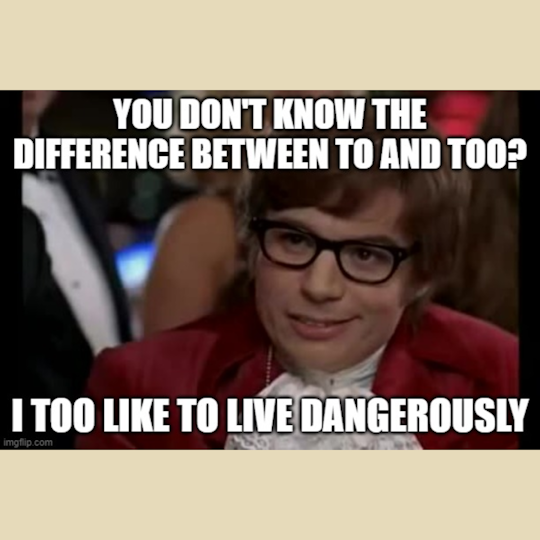To and Too is a very commonly confused word on social media isn’t it? I’m going to tackle the difference between them today, along with four other words that often get mixed up.
Contents:
To and Too
Before I go into the meanings of each word, let’s look at the pronunciation cause I feel a lot of errors can be resolved by simply sounding out both words. To is pronounced with a neutral sounding o, e.g. I’m going to the beach, whereas Too has a slightly longer sounding oo, e.g. I’m going to the beach too. Try replacing the To and Too in that last sentence in your head and sound them out. I’m going too the beach to. It doesn’t sound right does it?
To has quite a few uses. It can be used before a verb:
- She likes to run
- Don’t tell me what to think.
It can be used to indicate movement:
- We’re going to Thailand on our next holiday
- I took the dog for a walk to his favourite park.
To can also be used when talking about time:
- It will take you thirty to forty minutes by car
- It’s twenty to six
And it can be used as a preposition:
- The cop gave the speeding fine to the driver
- Give the remote to me!
Too means ‘as well’ / ‘also’, or ‘in excess of’.
- I’ve eaten too much cake
- I’ll go for my lunch break now
Yeah, I think I’ll go too - I went to the bar to get a drink but there were too many people
- Don’t think about it too much
- My cat is too fat
- I went to Geelong on the weekend.
Oh wow, me too! - Someone at work told me a funny joke. That guy is too funny!
Let’s use a sentence which uses both words:
It was too much effort to reach a conclusion.
I once read this sentence in an email:
We found that to Mark.
Not only does the wrong version of too change the meaning of the sentence, there’s also a comma missing, making the sentence not make much sense.
This should read:
We found that too, Mark.
We will cover comma usage in a future post so stay tuned!
Take a look at this sign on a major company’s premises. I have blurred out the company name. How on earth did the signwriters get this wrong? Unless this company is refusing to take jobs for people who live in Big or Small, I think they mean too big and too small.
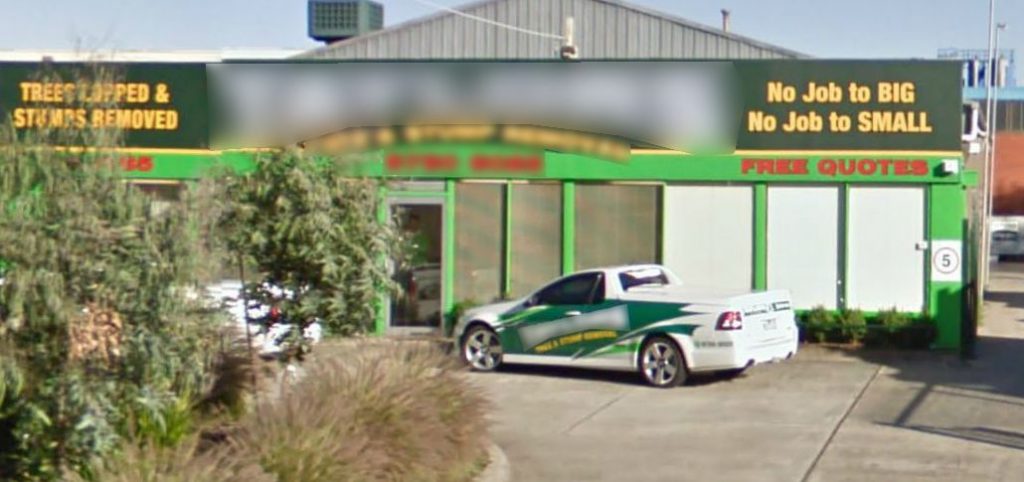
Lastly, take a look at the following picture, courtesy of The Body Shop. Upon first inspection, it looks like a gigantic copy error doesn’t it? However, it’s actually very clever. Rather than simply saying that nature is way too beautiful, it’s saying much more than that and is basically insinuating that if you use their products (which are all natural products from the earth and non man-made), this will lead you to look beautiful, thus using nature’s way to beautiful. I don’t know whether it’s actually meant to be a language pun, but hey, let’s give it to them!

Even media sites sometimes get this wrong. To raunchy? No; you mean too raunchy. Like I said earlier, if you get confused, sound it out. Too has that extra sort of oo sound at the end of it; the one that To just can’t quite satisfy.
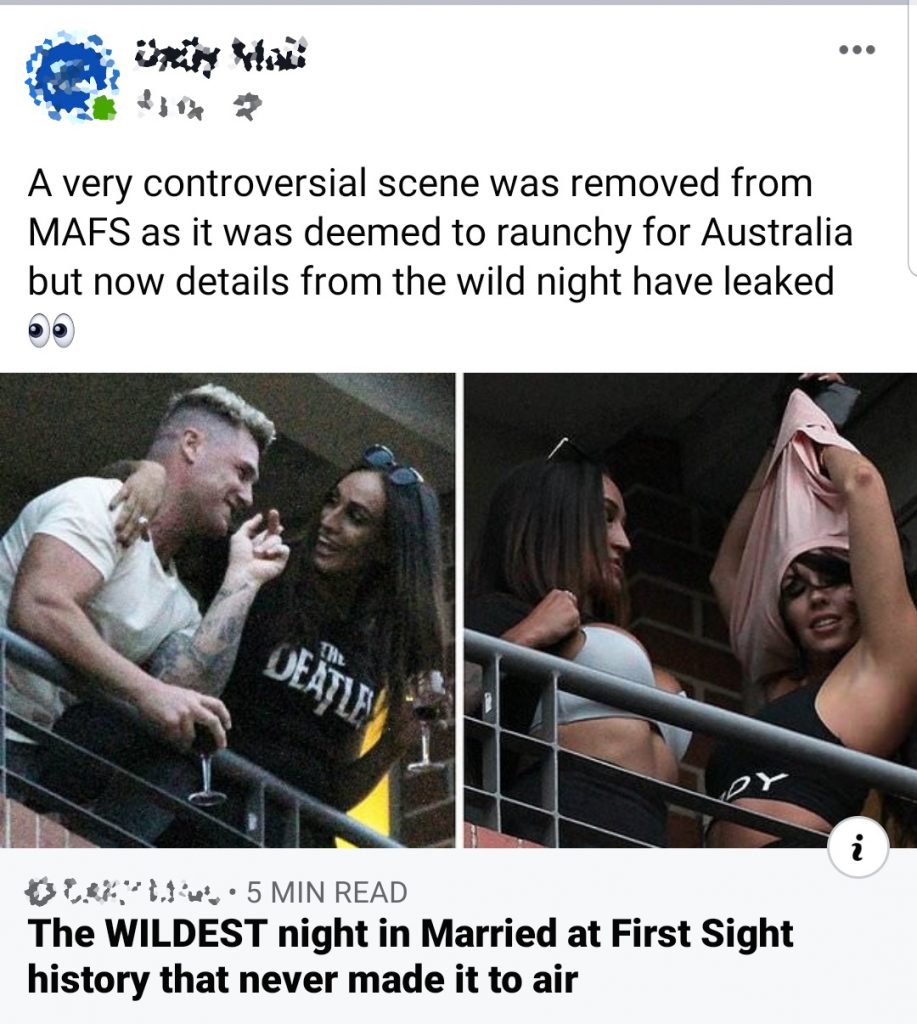
Of and Off
Similar to To and Too, Of and Off also has a slight variation in pronunciation. The F in Of is sort of pronounced like a V, whereas in Off, the double F is a hard F sound. This will help you remember which is which.
Of can be used to denote possession or ownership:
- The Queen of England
- The people of Scotland
- The CEO of the company
- The pages of a book.
It can also be used to tell us what something is made up of:
- There’s a pot of gold at the end of a rainbow
- I’ll have a cup of tea with my piece of cake
- A city of blinding lights.
Come on, you’ve got U2 stuck in your head now don’t you? Sorry.
There are several other ways of can be used so we won’t go into every single one, but… Okay fine, I’ll give you a couple more examples:
- We need to explore North of the Wall
- I refuse to give him the time of day
- I had to clean my desk before the arrival of our guests but I was too busy staring at the wall of my cubicle
- My favourite album of theirs is The Dark Side of the Moon.
So there you go. Lots of uses for Of. On the other hand, Off means the opposite of on.
Either something has been removed or detached in some way:
- He wiped the sweat off his face
- You should take the day off work tomorrow
- The music festival had to be called off due to COVID-19.
Or is no longer turned on:
- It’s important to turn off your headlights while at the drive-ins
- Remember to turn the stove off before going to bed.
It can also be used to mean something is away from where it usually is:
- There was a discrepancy with the bill so he took off without paying
- He set off to see the big, wide world
- My wife ran off with my best friend.
Now that you know the difference, consider the difference in the two phrases of course and off course. Imagine mixing these up. And what about getting 50% off something versus getting 50% of something? Again, don’t forget to sound it out if you get confused. Of course has that ov kind of sound, whereas Off course has that hard F sound.
Here’s a great example of incorrect usage. You’re not dreaming off something, you’re dreaming of it! There’s also a couple more things wrong here:
- There’s no reason for Saigon to be in quotation marks
- It features a bullet point fail with that second bullet point.
Check out Three ways to improve your marketing for advice on quotation marks and bullet points.
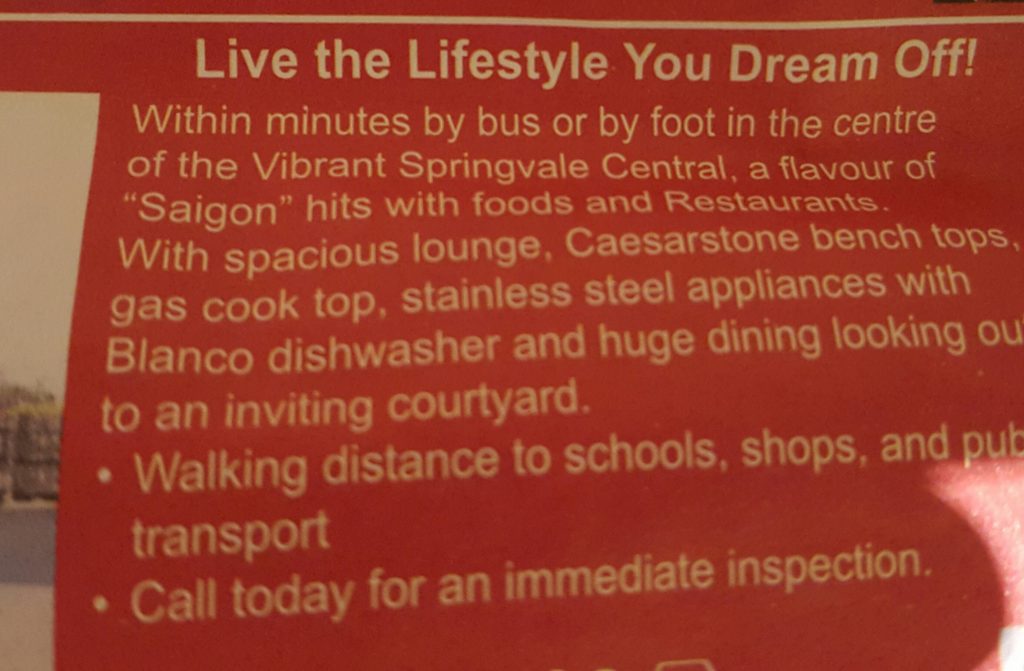
Where, Wear, Were and We’re
Well well well….. Four words here that are very often confused and for a variety of reasons. Where and Wear are both pronounced the same, so there’s that… Were and we’re look the same… And Where and We’re are also sometimes confused. I think some people pronounce We’re as Where sometimes… Anyway, let’s look at each word and focus on making this less confusing.
Where refers to a location:
- Where is the dog? I can’t find her
- I know where your other sock is.
If you can answer the question with here or there, then you probably mean Where. Where’s my shoes? Ah, I left them over there. No wait, they’re here.
Wear is a verb and refers to something you put on (usually clothing), but it can also refer to the condition of something getting worse:
- Don’t forget to wear your armour when you battle that knight this afternoon
- If you don’t eat your Weetbix, you’ll end up wearing it!
- Clowns wear makeup to work
- It’s important to rotate your tyres otherwise they will wear out.
The past tense of wear is wore:
- He wore his best suit for the job interview
- I wore out my tyres because I didn’t replace them six months ago.
Important: The pronunciation of Where and Wear is exactly the same. If you confuse these words, you’ll end up forming sentences like this:

Were is a past tense of are:
- The school kids were walking to the bus stop
- We were once close friends but we’ve drifted apart
- You were caught making out with my fiancé.
We’re is a contraction for We are:
- We’re walking to the bus stop (we are walking)
- Don’t you think it’s odd that we’re cleaning up this mess when it was the boys who made the mess in the first place?
In terms of pronunciation, I have heard some people pronounce we’re as where:
- Where going to the beach
- I thought where the ones who were rostered on for today.
So I can sort of understand the confusion there. If you’re one of these people, then just remember that where refers to location. If you’re saying we are then you mean we’re.
Maybe some people pronounce were as where as well? Either that or this person got confused.
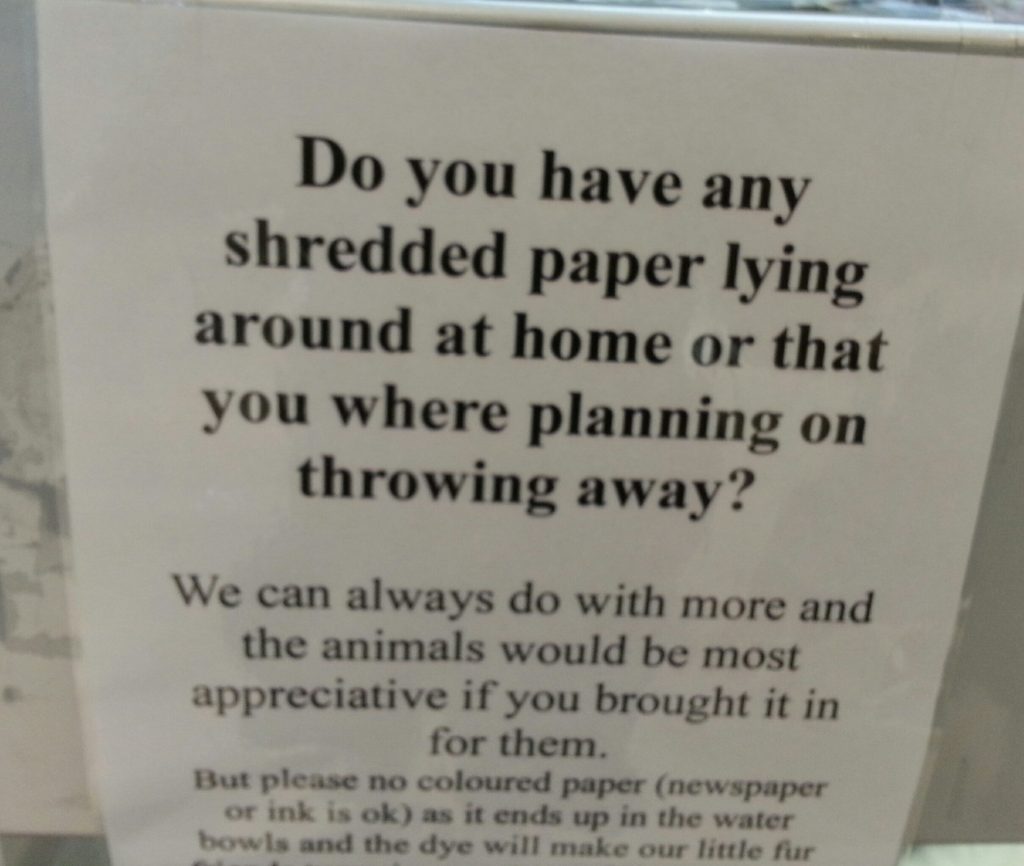
To sum up, Where and Wear are pronounced exactly the same. We’re is usually pronounced as weer, however, as mentioned, I have heard people (especially on TV) pronounce it the same as Where. Lastly, Were is pronounced exactly as it’s spelled, but, there is one scenario where Were is actually pronounced as Where. Can anyone guess where (pardon the pun)? I’ll give you a clue…
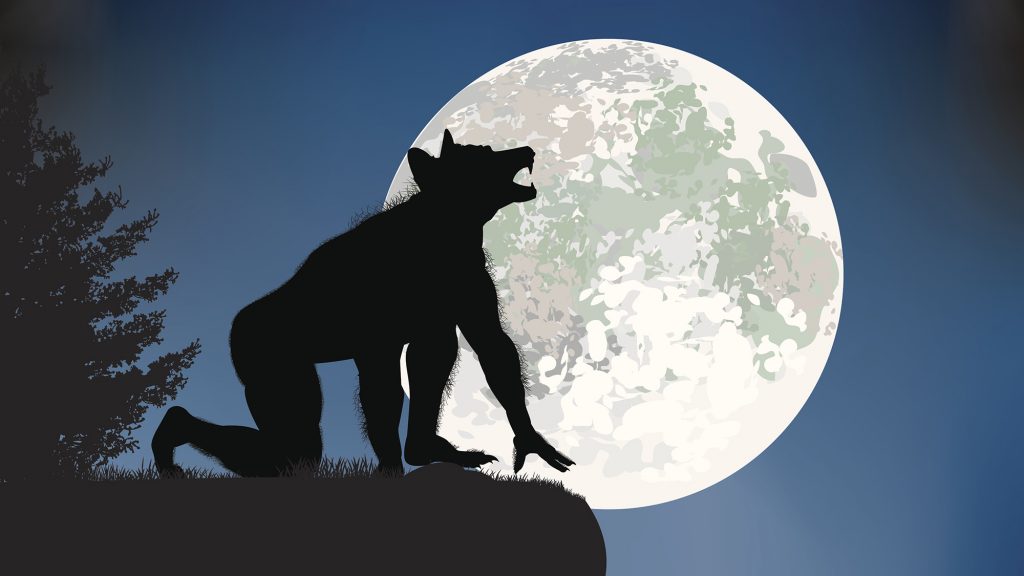
That’s right! A werewolf. The Were in this word is actually pronounced as Where. Even though it’s spelled as werewolf, it’s pronounced wherewolf and not werewolf.
His and He’s
I’ve noticed of late that these two get mixed up and I’m not quite sure why. Perhaps it’s because they look the same…
We use His when something is belonging to him:
- I don’t like his attitude
- His attention to detail is second to none
- I love his new sports car!
He’s is a contraction for He is or he has. Let’s look at an example of each:
- I know Fido looks enormous and menacing but he’s such a gentle giant (he is such a gentle giant).
- I’m sorry he can’t come to the phone right now; he’s just nipped out to the shops (he has just nipped out the shops).
Let’s look at a couple of incorrect examples:
- I don’t like my new coworker. His a loser.
- My friend’s new boyfriend can’t stand talking about himself. His so annoying.
Both of these should be he’s. His what is a loser? His what is so annoying?
If you get confused, just think of it’s. If you recall, it’s means it is or it has. He’s is exactly the same! He is or he has.
Alot and A lot
What’s the difference between Alot and A lot? Guess what? It’s a trick question. Alot is not a word. That’s right; every time you write or see alot, it should be a lot. I think this image pretty much sums it up:
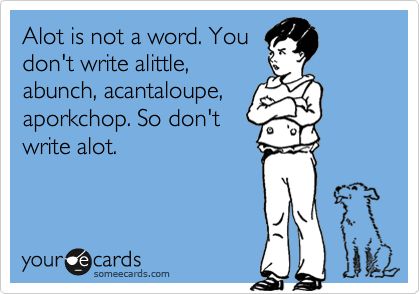
If you don’t believe me, firstly, there are red squiggly lines underneath all those instances of alot. And that one. Copy and paste it into Word and see for yourself. Secondly, check out this brilliant article from Hyperbole and a Half. It’s one of my favourites.
Having said all this, though, there is such a word as Allot, although it’s not a very common word. Allot is a verb and it means to distribute or portion; to assign a share of something. It’s kind of like Allocate:
- The croupier allots playing cards to each player
- The business allotted more floor space to the customer service team.
Think of the word allotment. An allotment is a portion of land which is rented out to someone, usually to grow crops.
Related posts:
- Is this one word or two? (Part 1)
- Is this one word or two? (Part 2)
- The difference between Thank you, thankyou, and thank-you
A note on the cover image:
Austin Powers fans will certainly know the reference I used for my cover image. But is it quoted correctly? No. The line Austin actually says is “I also like to live dangerously”. But, as is the case with some internet memes, they often get misquoted; sometimes for effect. Hey, it worked in my favour this time around.
